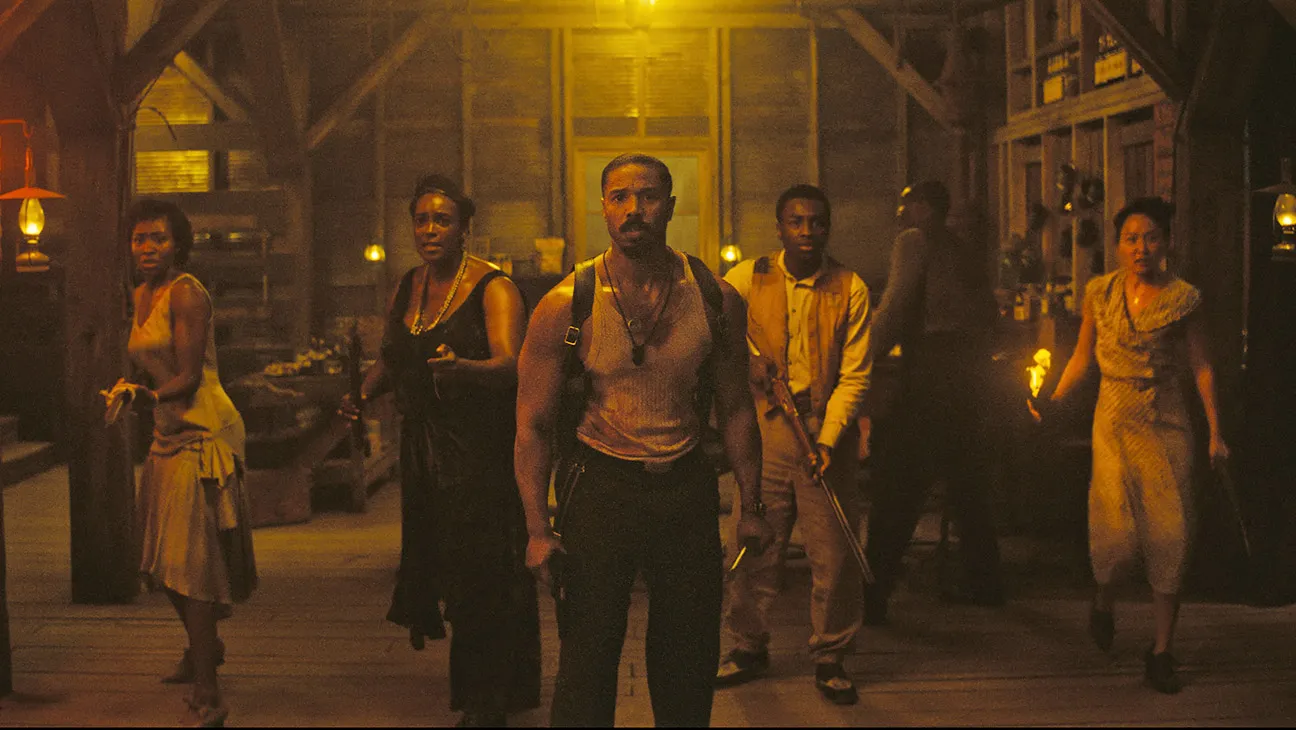Sinners: Horror, Heritage, and the Haunting Power of Black Southern Storytelling

Ryan Coogler’s Sinners is not your typical horror film. It’s a genre-bending, soul-stirring journey through Black Southern life—rooted in pain, power, and ancestral memory. Set in 1930s Mississippi, the story follows twin brothers, Smoke and Stack (both played by Michael B. Jordan), who return home to open a juke joint—and awaken forces far older and deeper than they imagined.
But this isn’t just about ghosts and demons. It’s about the real haunting: how history lingers in bloodlines, how systems of oppression cast long shadows, and how Black spiritual traditions have been misrepresented, feared, and forgotten.
A Southern Gothic Reclaimed
The American South—particularly states like Mississippi and Louisiana—is rich with oral traditions, spiritual practices, and musical legacies passed down from generations of African descendants. From Congo Square in New Orleans to the juke joints of Clarksdale, the South holds a cultural energy that’s both sacred and subversive.
Coogler taps into this in Sinners—blending horror with hoodoo, gospel with grief. The film challenges viewers to reconsider how African spirituality has been demonized by dominant institutions, while portraying it as a wellspring of strength and survival.
In the words of many Black scholars and creators, “the South is the beginning of everything.” It’s where blues was born. It’s where Black folks transformed suffering into sound, food, movement, and faith. Sinners is a cinematic love letter to that complexity.
The Rise of Afrocentric Storytelling
We’re living through a renaissance in Black storytelling. Films like Sinners, The Woman King, and Judas and the Black Messiah aren’t just breaking box office records—they’re filling cultural voids. They’re reminding us that our myths, our histories, and our heroes deserve the big screen, the spotlight, and the syllabus.
Audiences are responding. Sinners has grossed over $181 million worldwide, fueled by an appetite for stories that don’t just feature Black faces—but speak to Black legacies.
Travel, Memory, and the Black Imagination
Whether through cinema, music, or movement, the Black experience is deeply tied to place. Louisiana and Mississippi aren’t just backdrops—they’re cultural epicenters. They’re where food, faith, rhythm, and resistance meet.
This is why culturally-rooted travel matters. Exploring the American South, the Caribbean, or the African continent isn’t just about relaxation—it’s about reconnection. It’s about stepping into the stories we’ve been told and the ones we still carry.
One platform helping travelers do just that is Tourifique, which curates Afrocentric travel experiences that honor culture, community, and identity. Like Sinners, it offers a way to engage with the past—not as tourists, but as descendants, dreamers, and doers.
If Sinners moved you—go deeper. Explore the landscapes, the sounds, the rituals behind the screen. Watch the trailer: Sinners Trailer
The journey doesn’t end in the theater. It begins there.
Follow Tourifique for more stories and experiences that center Black culture, heritage, and joy.
